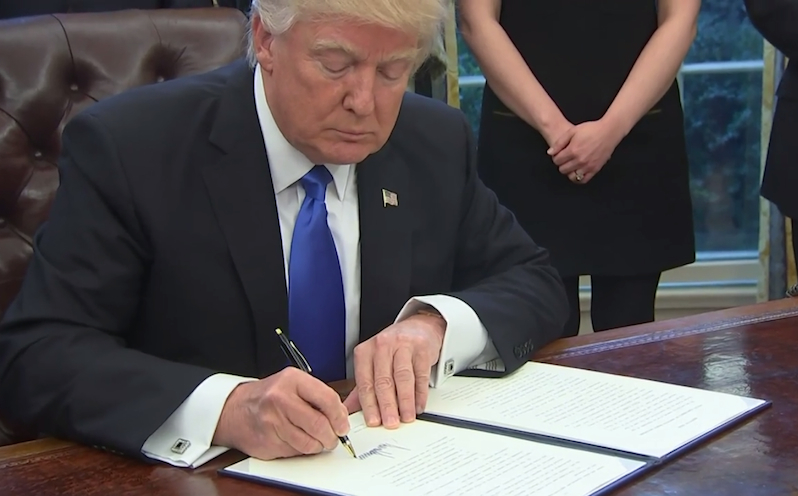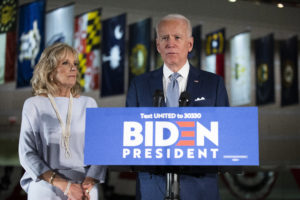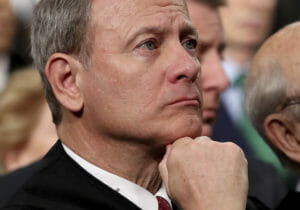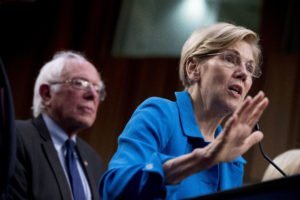Trump’s Tweets Are a Sideshow: His Executive Orders Are Building a Corporate State
The Trump era heralds a growing assault on basic government and progressive values. President Trump signs an executive order in late January. (Screen shot via The Hill)
1
2
President Trump signs an executive order in late January. (Screen shot via The Hill)
1
2

President Trump signs an executive order in late January. (Screen shot via The Hill)
Independent journalism is under threat and overshadowed by heavily funded mainstream media.
You can help level the playing field. Become a member.
Your tax-deductible contribution keeps us digging beneath the headlines to give you thought-provoking, investigative reporting and analysis that unearths what's really happening- without compromise.
Give today to support our courageous, independent journalists.






You need to be a supporter to comment.
There are currently no responses to this article.
Be the first to respond.